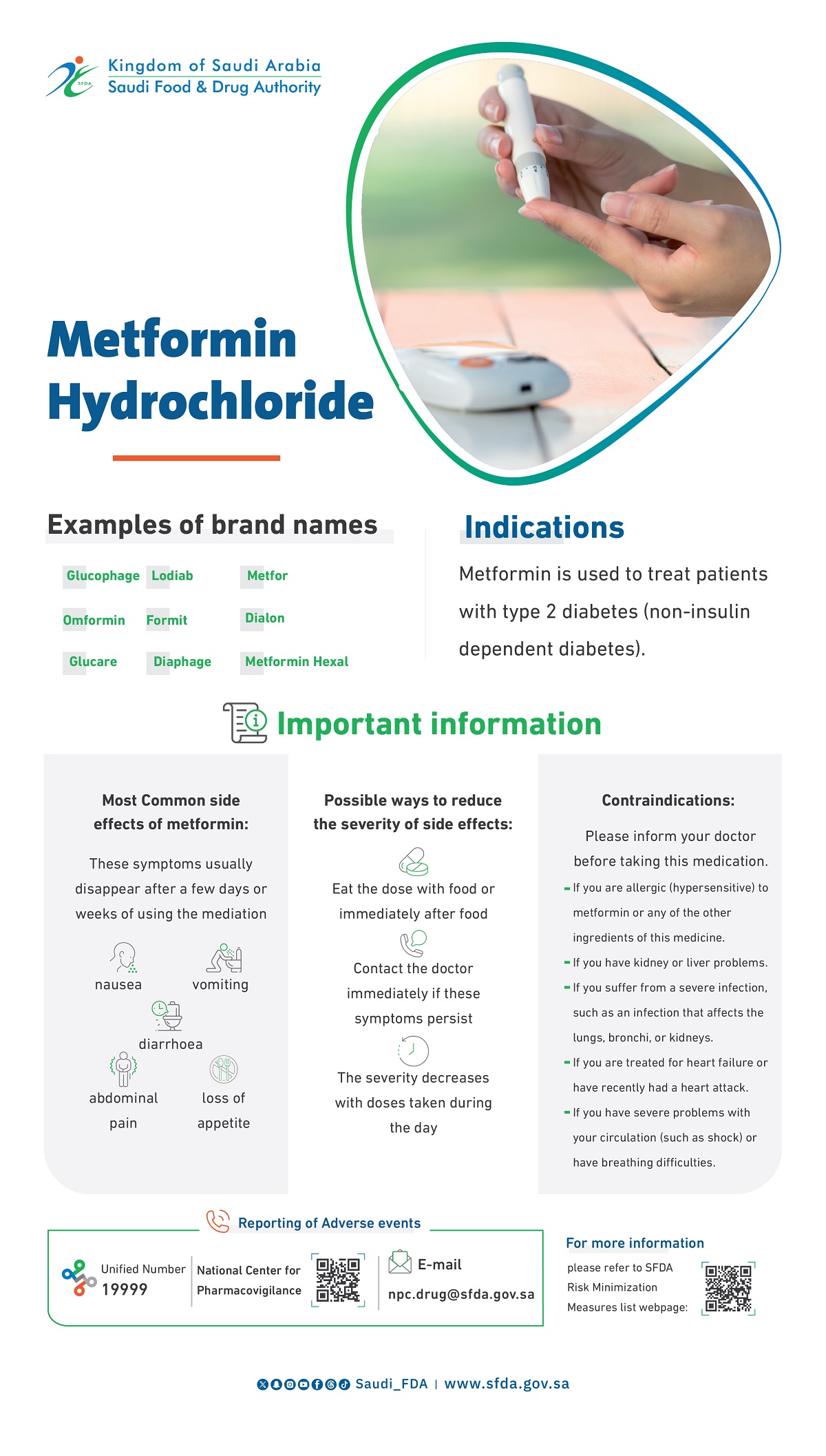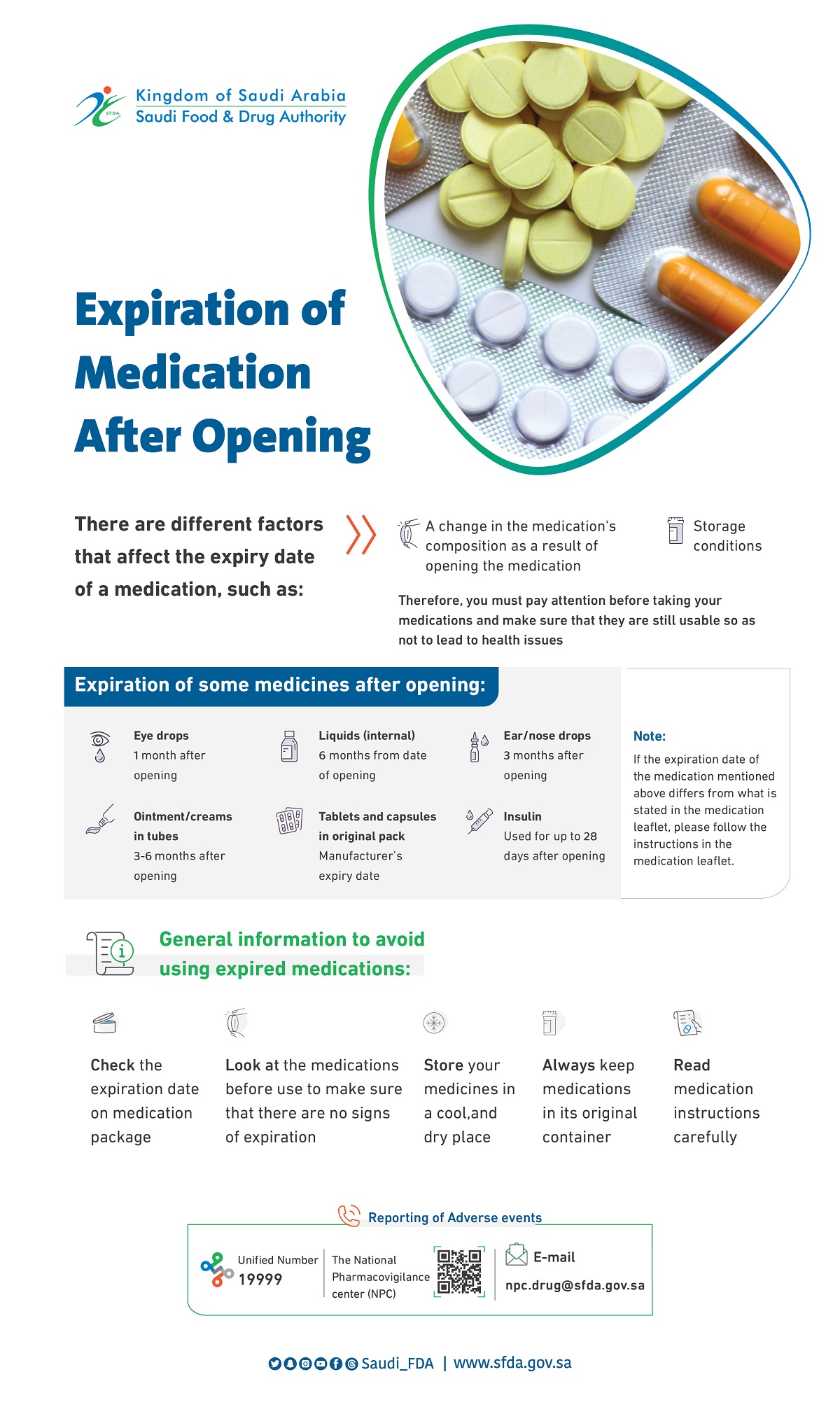

-
About SFDA
About SFDA
SFDA in vision 2030
Authority Strategy
Career and Life
- Information Lists
-
Areas
- Consumer Corner
- Media Centre
- Eservices
Selenium supplement no help in asthma
Selenium supplement no help in asthma
Selenium supplement no help in asthma
2007-07-03
NEW YORK (Reuters Health) - Even though selenium levels seem to be low in adults with asthma, selenium supplementation appears to have no clinical benefit, according to the results of a study from the UK.
"Epidemiological evidence from observational studies has suggested that blood levels and dietary intake of selenium of adults with asthma are lower than those of controls," Dr. Seif O. Shaheen, of Imperial College London, and colleagues point out in the medical journal Thorax. They also note that selenium levels in the British population are lower than levels in other countries.
Whether selenium supplementation would be helpful is unclear, so the researchers performed a trial involving 197 adult Londoners with asthma. The participants were randomly assigned to receive either a preparation of yeast and selenium (100 micrograms daily) or an inactive "placebo" consisting of yeast only, for 24 weeks.
Tablet counts were available for 157 subjects. Seventy-eight of the 80 subjects taking placebo and 75 of the 77 subjects taking selenium had taken at least 80 percent of their pills over 24 weeks.
The researchers observed a 48 percent increase in blood levels of selenium between the start and end of trial in the patients in the active treatment group. No change was seen in the placebo group.
Some indicators of asthma severity improved more in the selenium group than in the placebo group, Shaheen's team reports. However, there was no statistically significant between-group difference -- including in asthma-related quality-of-life, the main outcome of interest.
The investigators conclude that taking selenium supplements is not likely to be a useful public health strategy for preventing mild-to-moderate asthma in adults.




